Unleashing the Power of AI: Transforming Our World
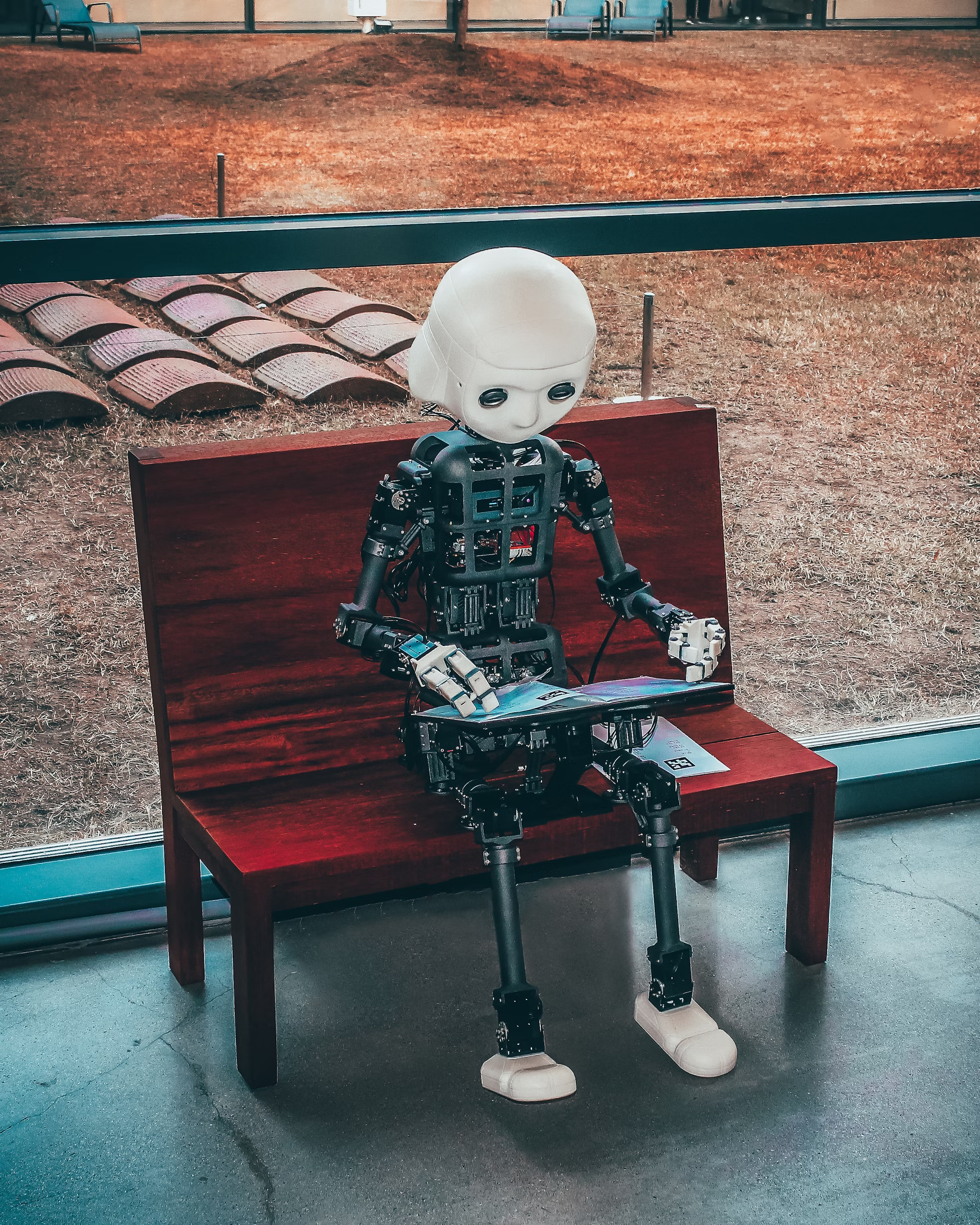
Artificial Intelligence (AI) has rapidly evolved from a futuristic concept to a transformative force reshaping every facet of our world. From healthcare to finance and entertainment education, AI drives innovation, improves efficiency, and unlocks new possibilities. This article explores the profound impact of AI on various sectors, the challenges and opportunities it presents, and how we can harness its power responsibly.
The Evolution of AI: A Brief Overview
Artificial Intelligence, once confined to science fiction, has become a reality due to advancements in computing power, data availability, and algorithmic improvements. The journey began with the development of symbolic AI in the mid-20th century, focusing on rule-based systems. The late 20th century saw the rise of machine learning, where algorithms could learn from data rather than relying solely on pre-programmed rules. Today, deep learning, a subset of machine learning, has further revolutionized AI, enabling it to tackle complex tasks such as image and speech recognition with unprecedented accuracy.
AI in Healthcare: Revolutionizing Patient Care

One of the most significant impacts of AI is in healthcare, where it is enhancing diagnostics, treatment, and patient care. AI-powered tools can analyze medical images, detect anomalies, and assist doctors in diagnosing diseases like cancer at an early stage. For example, Google’s DeepMind has developed an AI system that can diagnose over 50 eye diseases with an accuracy comparable to that of expert ophthalmologists.
Moreover, AI is transforming personalized medicine by analyzing vast amounts of genetic data to tailor treatments to individual patients. AI-driven drug discovery is accelerating the development of new medications by predicting how different compounds will interact with targets in the body. This not only speeds up the process but also reduces costs, making life-saving treatments more accessible.
AI in Finance: Enhancing Efficiency and Security
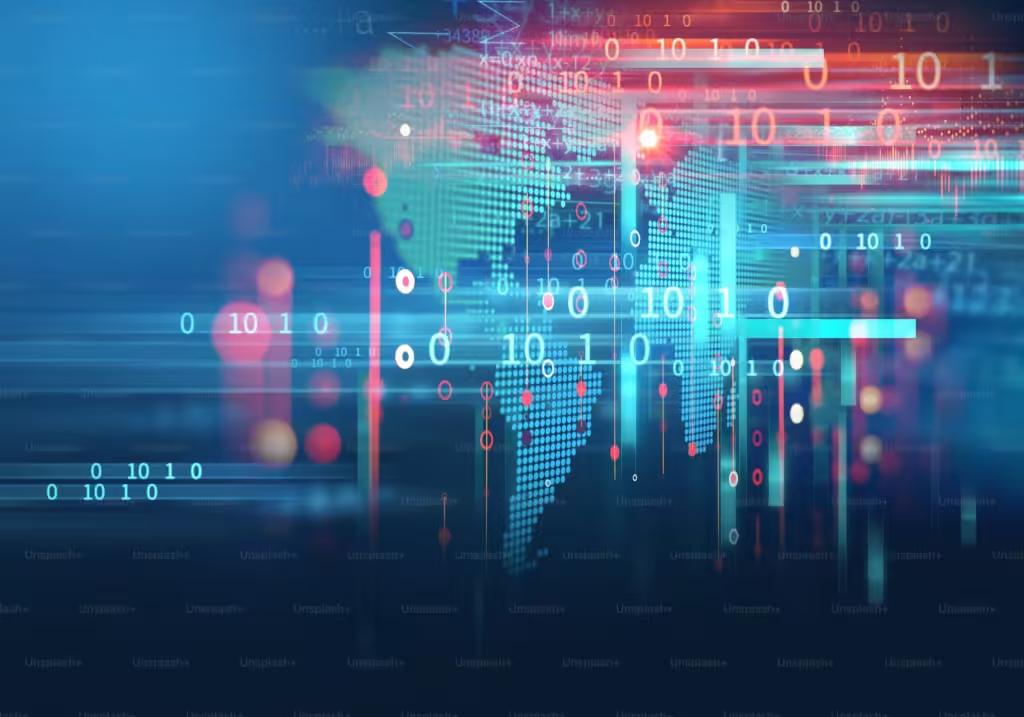
The financial sector has been quick to adopt AI, leveraging its capabilities to improve efficiency, reduce risks, and enhance customer experiences. AI algorithms are used in trading to analyze market trends and execute trades at lightning speed, often outperforming human traders. These algorithms can process vast amounts of data from multiple sources, identifying patterns and making predictions that drive investment decisions.
AI is also transforming fraud detection by analyzing transaction data in real time to identify suspicious activities. Traditional methods of detecting fraud relied on predefined rules, which could easily be circumvented by evolving fraudulent techniques. AI, however, can learn from each new data point, continually improving its ability to detect anomalies and protect consumers.
AI in Education: Personalized Learning Experiences
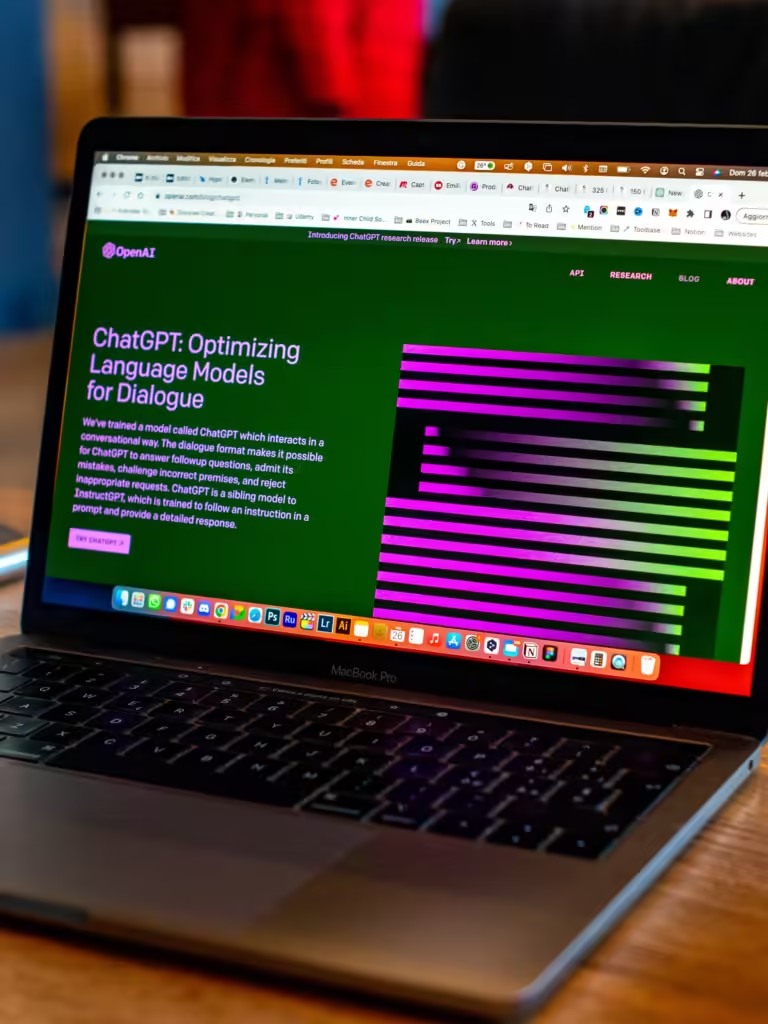
Education is another sector experiencing a significant transformation due to AI. Traditional education models often adopt a one-size-fits-all approach, but AI enables personalized learning experiences tailored to individual needs. Intelligent tutoring systems can assess a student’s strengths and weaknesses, adapting the curriculum to optimize learning outcomes.
AI-powered platforms like Coursera and Khan Academy use machine learning algorithms to recommend courses, videos, and exercises based on a student’s progress and interests. This personalized approach helps students learn at their own pace, improving engagement and retention.
Moreover, AI is enhancing administrative tasks in education. AI-driven systems can automate grading, freeing up teachers’ time to focus on more critical aspects of teaching, such as mentoring and developing creative lesson plans. Additionally, AI can assist in identifying students at risk of falling behind, enabling early interventions to support their academic success.
AI in Transportation: Driving the Future
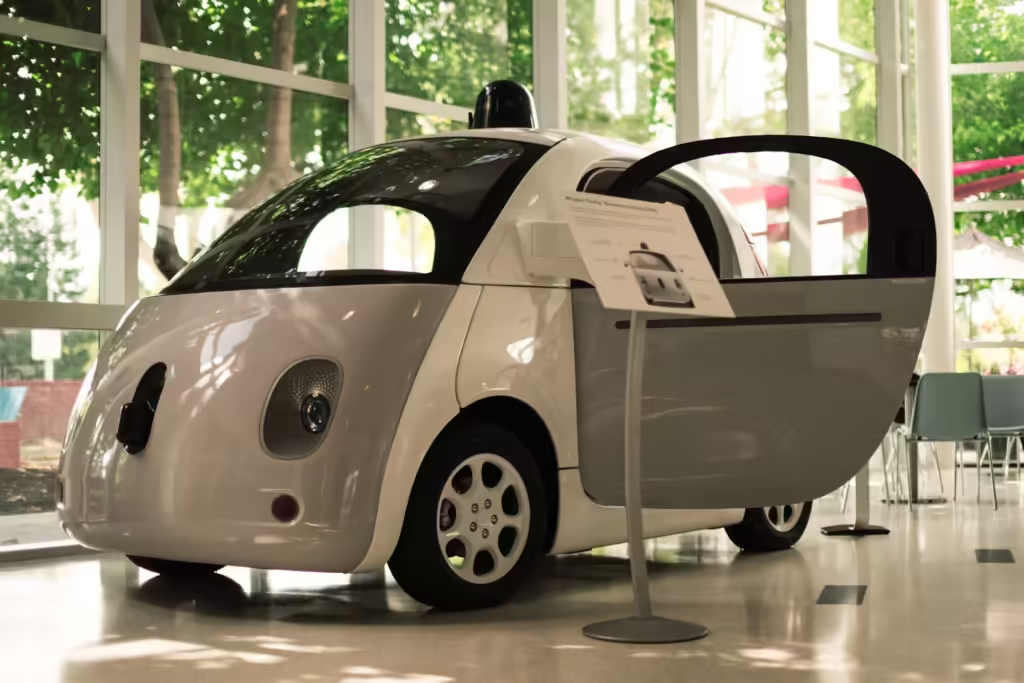
The transportation industry is on the brink of a revolution, with AI playing a central role. Autonomous vehicles, powered by AI, are set to transform the way we travel, offering safer, more efficient, and more sustainable transportation options. Companies like Tesla, Waymo, and Uber are leading the charge in developing self-driving cars that can navigate complex urban environments with minimal human intervention.
AI in transportation isn’t limited to autonomous vehicles. AI algorithms are also being used to optimize traffic management, reducing congestion and improving fuel efficiency. For instance, smart traffic lights powered by AI can adjust in real time based on traffic flow, reducing wait times and emissions.
In logistics, AI is enhancing route planning and delivery optimization. Companies like Amazon and FedEx use AI to predict demand, optimize delivery routes, and manage warehouse operations, ensuring faster and more efficient delivery of goods.
AI in Entertainment: Crafting Immersive Experiences

AI is also making waves in the entertainment industry, transforming how content is created, distributed, and consumed. AI algorithms are used to analyze audience preferences, helping content creators tailor their offerings to match viewer interests. Streaming platforms like Netflix and Spotify rely on AI to recommend movies, shows, and music based on users’ past behavior, enhancing the overall experience.
Moreover, AI is being used in the creation of content itself. From AI-generated music and art to scriptwriting and video editing, AI is enabling new forms of creativity. For instance, OpenAI’s GPT-3, a language model, can generate human-like text, making it a valuable tool for writers and content creators.
In gaming, AI is revolutionizing game design and player experiences. AI-driven characters, known as NPCs (non-playable characters), can adapt to players’ actions, providing a more dynamic and immersive gaming experience. Additionally, AI is being used to generate game environments and levels, offering endless possibilities for players.
AI in Business: Driving Innovation and Growth
Businesses across all sectors are leveraging AI to drive innovation, improve efficiency, and gain a competitive edge. AI-powered analytics tools enable companies to make data-driven decisions, optimizing everything from marketing strategies to supply chain management. By analyzing customer data, businesses can gain insights into consumer behavior, allowing them to create personalized marketing campaigns that resonate with their target audience.
In manufacturing, AI is enhancing production processes by predicting equipment failures before they occur, reducing downtime and maintenance costs. AI-driven robots are also being used to automate repetitive tasks, improving productivity and freeing up human workers for more complex and creative work.
Moreover, AI is transforming customer service through chatbots and virtual assistants. These AI-powered tools can handle a wide range of customer inquiries, providing instant responses and improving overall customer satisfaction. Companies like Amazon and Apple use AI to power their virtual assistants, Alexa and Siri, which can answer questions, control smart home devices, and even place orders on behalf of users.
AI and the Future of Work: Redefining Jobs and Skills
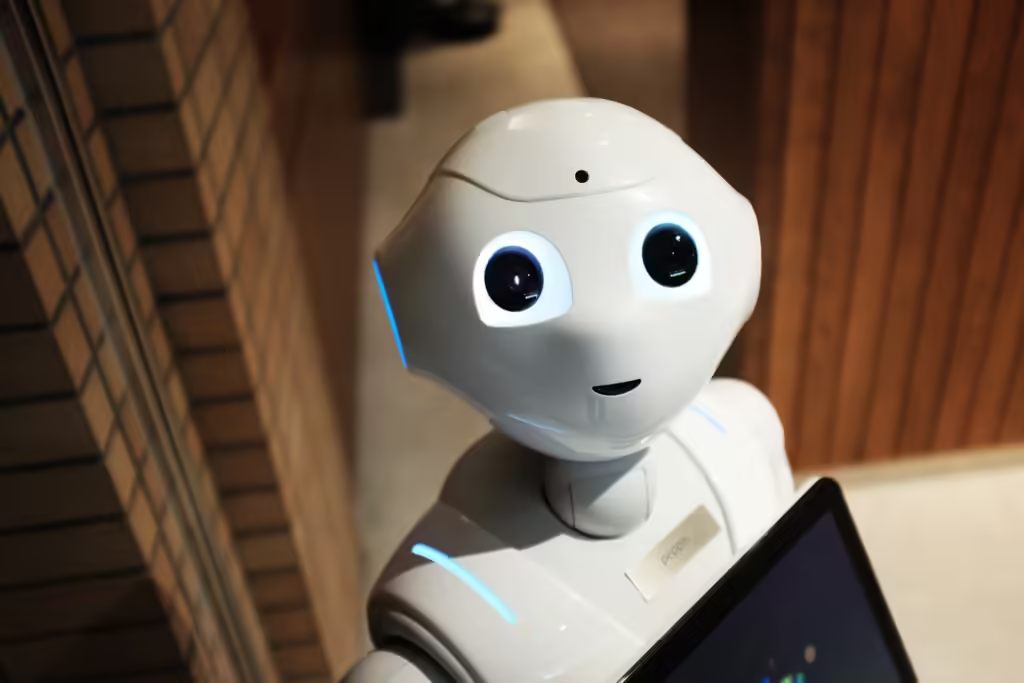
As AI continues to advance, it is reshaping the workforce and the nature of work itself. While AI has the potential to automate many routine tasks, it also creates new opportunities for innovation and job creation. However, this shift requires workers to adapt by acquiring new skills and embracing lifelong learning.
Jobs that involve repetitive tasks, such as data entry or assembly line work, are most susceptible to automation. However, AI is also creating demand for new roles in fields like AI development, data science, and cybersecurity. As businesses increasingly rely on AI, there is a growing need for professionals who can design, implement, and manage AI systems.
Moreover, AI is enhancing human capabilities by augmenting decision-making processes. In fields like medicine, law, and engineering, AI tools can analyze vast amounts of data, providing professionals with insights that inform their decisions. This collaboration between humans and AI is leading to better outcomes and higher productivity.
To thrive in an AI-driven world, workers must develop skills that complement AI, such as creativity, critical thinking, and emotional intelligence. Educational institutions and employers must work together to provide training and upskilling opportunities, ensuring that workers are prepared for the jobs of the future.
The Ethical Implications of AI: Navigating Challenges
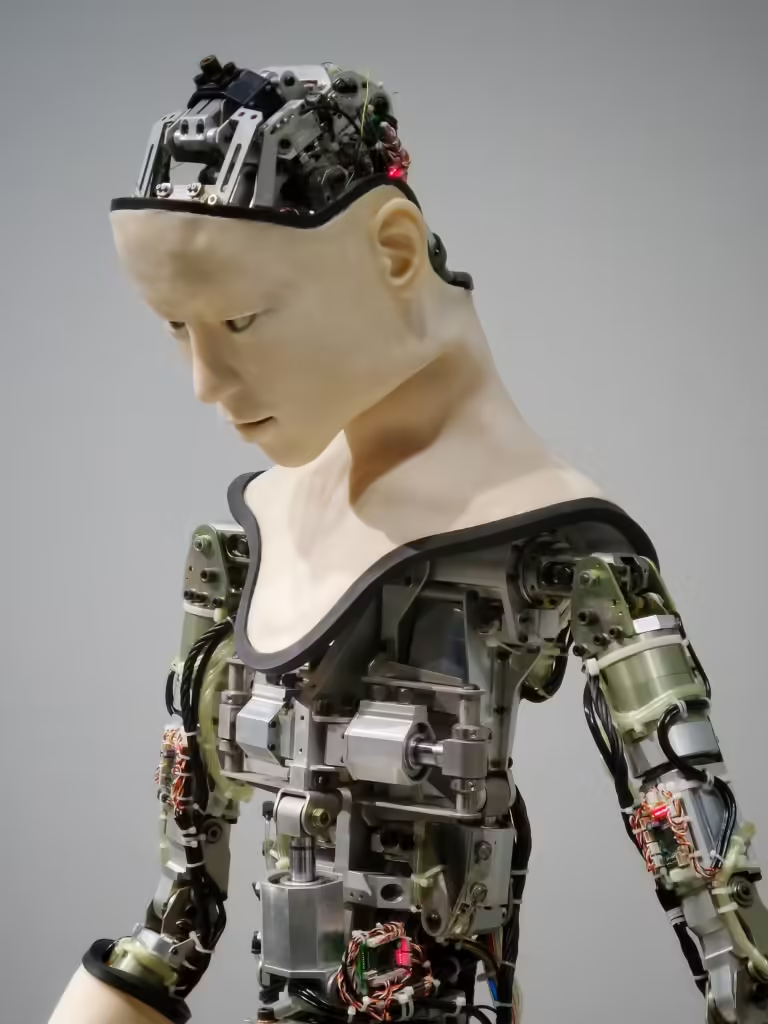
As AI becomes increasingly integrated into our lives, it raises important ethical questions that must be addressed. One of the primary concerns is the potential for bias in AI systems. Since AI algorithms are trained on data, any biases present in the data can be amplified in the AI’s decisions. This can lead to unfair outcomes, particularly in areas like hiring, lending, and law enforcement.
To mitigate bias, it is essential to ensure that AI systems are trained on diverse and representative data sets. Additionally, transparency and accountability in AI decision-making processes are crucial. Stakeholders must be able to understand how AI systems arrive at their decisions and have mechanisms in place to challenge or correct those decisions when necessary.
Privacy is another significant concern in the age of AI. AI systems often require access to large amounts of personal data to function effectively, raising questions about how that data is collected, stored, and used. It is essential to establish robust data protection regulations and ensure that individuals have control over their personal information.
Moreover, the rise of AI has led to concerns about job displacement and economic inequality. While AI has the potential to create new jobs, it may also exacerbate existing inequalities if certain groups are disproportionately affected by automation. Policymakers must consider the broader societal impact of AI and implement measures to ensure that the benefits of AI are shared equitably.
AI and Sustainability: Paving the Way for a Greener Future
AI is also playing a crucial role in addressing some of the world’s most pressing environmental challenges. From climate change to resource management, AI has the potential to drive sustainable practices and reduce our environmental footprint.
In agriculture, AI is being used to optimize crop yields and reduce water usage. AI-driven systems can analyze soil conditions, weather patterns, and crop health, providing farmers with real-time insights that enable them to make informed decisions. This not only improves productivity but also reduces the environmental impact of farming.
AI is also being used to monitor and manage natural resources more effectively. For instance, AI-powered drones and satellite imagery can track deforestation, monitor wildlife populations, and detect illegal fishing activities. These tools provide valuable data that can inform conservation efforts and protect endangered species.
In the energy sector, AI is enhancing the efficiency of renewable energy sources like wind and solar power. AI algorithms can predict energy demand and optimize the operation of power grids, reducing waste and ensuring a stable supply of electricity. Additionally, AI is being used to develop new materials and technologies that support the transition to a low-carbon economy.
The Future of AI: Embracing the Possibilities
The future of AI holds tremendous promise, with the potential to revolutionize countless industries and aspects of our daily lives. As AI technology continues to advance, we can expect even more innovative applications that push the boundaries of what is possible. However, the full realization of AI’s potential will depend on our ability to address the challenges and ethical considerations that come with it.
AI in Smart Cities: Building the Cities of Tomorrow
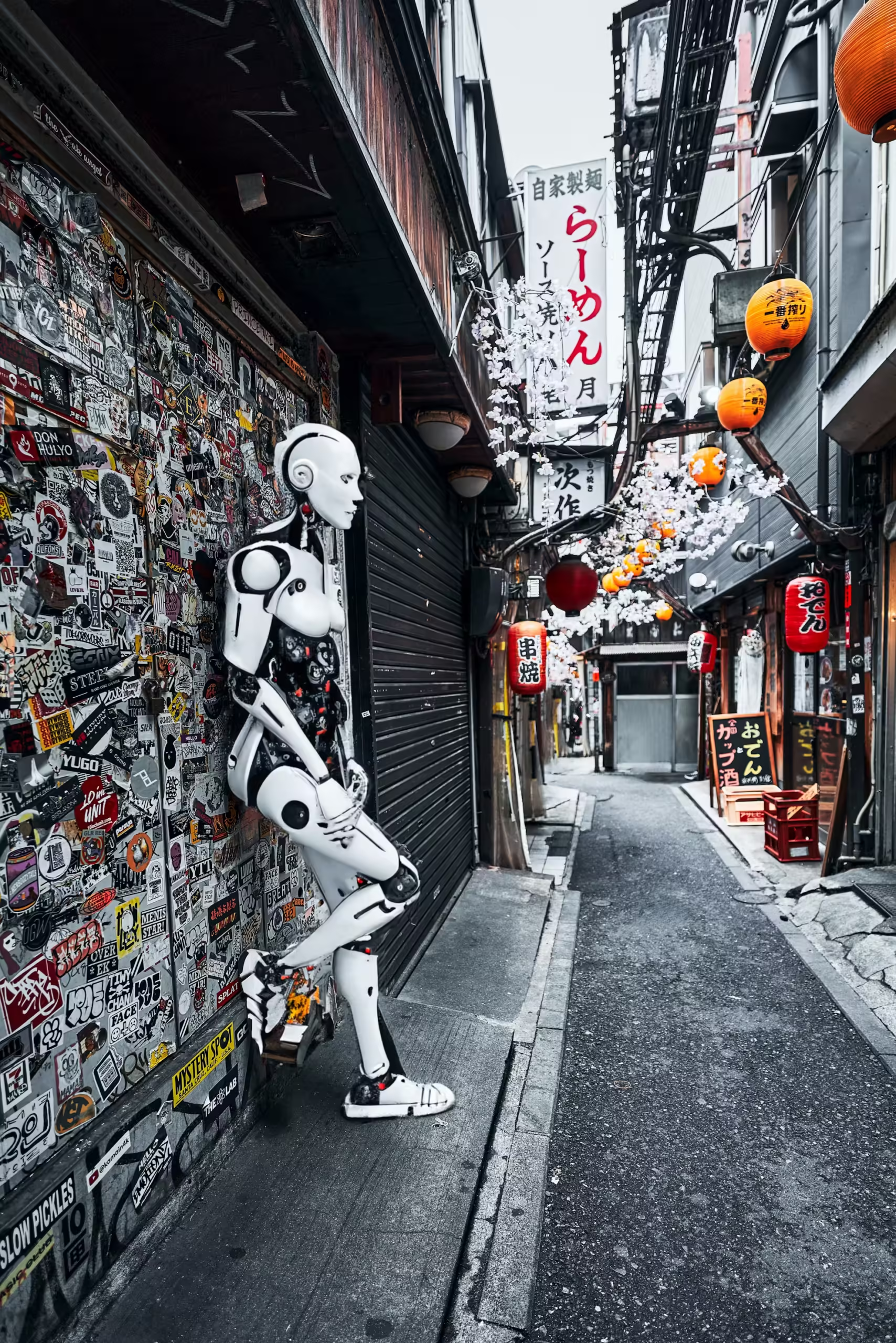
One of the most exciting prospects for AI lies in the development of smart cities. These urban environments leverage AI and IoT (Internet of Things) technologies to improve the quality of life for residents while promoting sustainability. AI-powered systems can manage traffic flows, reduce energy consumption, and enhance public safety.
For example, AI can optimize public transportation systems by predicting passenger demand and adjusting schedules in real-time, reducing wait times and overcrowding. In waste management, AI can monitor and optimize garbage collection routes, ensuring efficiency and reducing emissions.
AI-driven environmental monitoring systems can track air and water quality, providing data that city officials can use to address pollution and other environmental issues. Moreover, AI can enhance public safety through predictive policing, where algorithms analyze crime data to identify potential hotspots and deploy resources accordingly.
As cities continue to grow and face increasing pressures on infrastructure and resources, AI will be instrumental in creating more livable, efficient, and sustainable urban environments.
AI in Retail: Revolutionizing the Shopping Experience
AI is transforming the retail industry, offering new ways to enhance customer experiences and streamline operations. Retailers are using AI to personalize shopping experiences, optimize inventory management, and improve customer service.
One of the most notable applications of AI in retail is the use of recommendation engines. These algorithms analyze customer behavior and preferences to suggest products that are likely to be of interest, increasing the likelihood of purchase. This personalized approach not only boosts sales but also improves customer satisfaction by making the shopping experience more relevant and enjoyable.
AI is also being used in inventory management to predict demand and optimize stock levels. By analyzing historical sales data, market trends, and even weather patterns, AI can help retailers maintain optimal inventory levels, reducing the risk of stockouts or overstocking.
In customer service, AI-powered chatbots are becoming increasingly common. These virtual assistants can handle a wide range of inquiries, from answering product questions to processing returns, providing instant support and freeing up human agents for more complex tasks.
The use of AI in retail is not only enhancing the shopping experience but also driving efficiency and profitability for businesses.
AI in Art and Creativity: Pushing the Boundaries of Human Expression
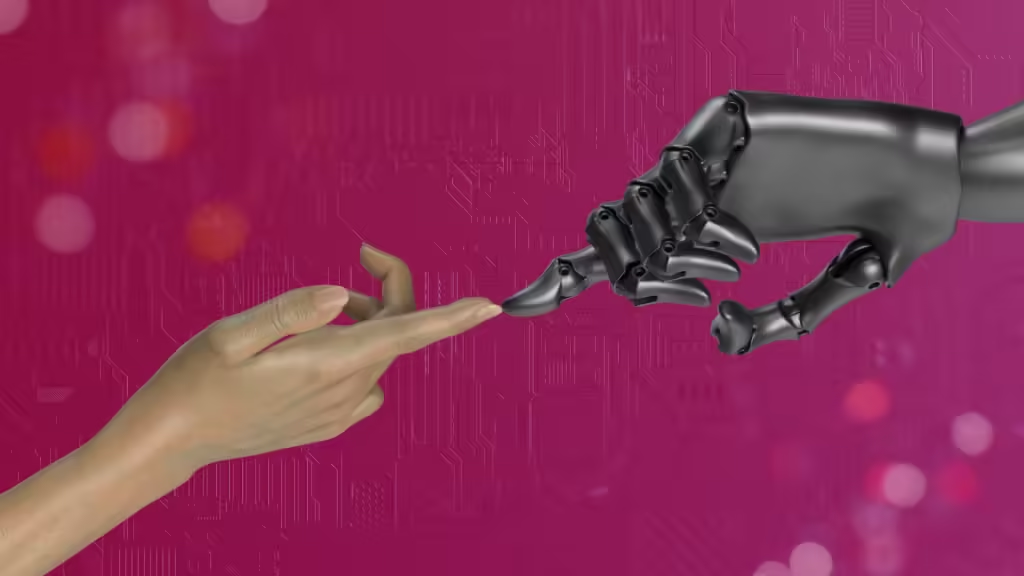
AI is not just a tool for efficiency and optimization; it is also opening up new frontiers in art and creativity. Artists and creatives are exploring the possibilities of AI to push the boundaries of human expression and create works that were previously unimaginable.
AI-generated art, music, and literature are gaining recognition and sparking debate about the nature of creativity and authorship. For instance, AI algorithms can compose music, generate paintings, and even write poetry, blurring the lines between human and machine creativity.
One of the most famous examples of AI in art is the painting “Portrait of Edmond de Belamy,” created by an AI algorithm developed by the Paris-based collective Obvious. The painting was auctioned at Christie’s for $432,500, raising questions about the value of AI-generated art and the role of the artist in the creative process.
In addition to creating new forms of art, AI is also being used as a collaborative tool for artists. AI can analyze and learn from an artist’s style, suggesting new directions and techniques that the artist might not have considered. This collaboration between human and machine creativity is leading to the emergence of hybrid art forms that combine the best of both worlds.
AI and Ethics: Ensuring Responsible Development and Use
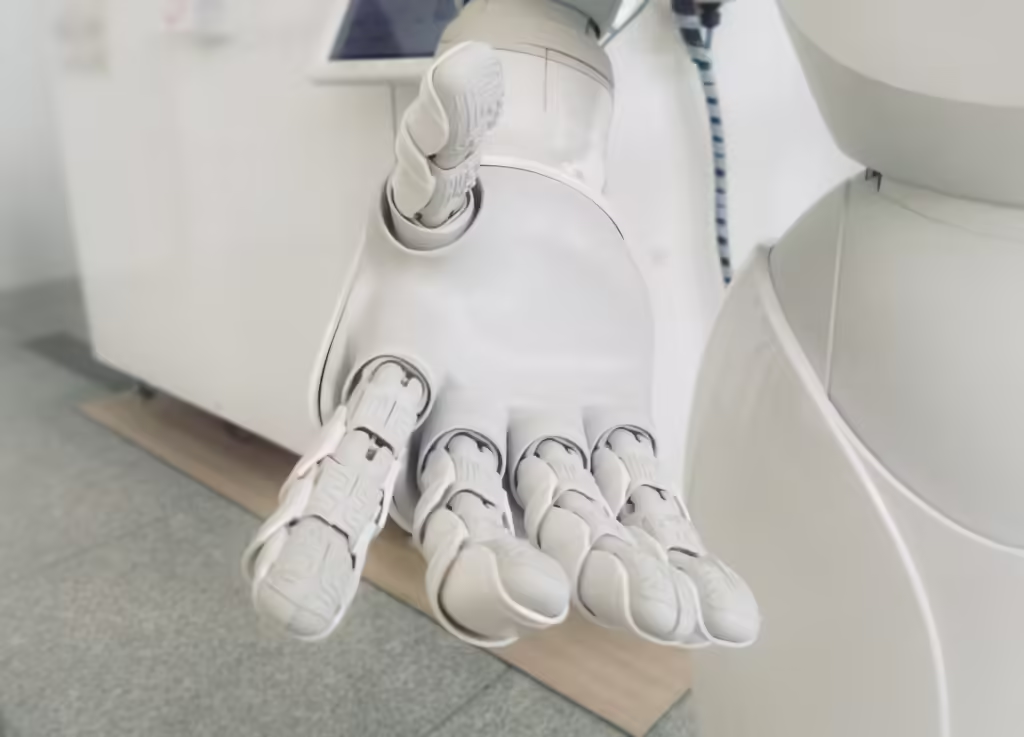
As AI continues to permeate every aspect of our lives, it is essential to consider the ethical implications of its development and use. Ensuring that AI is developed and deployed responsibly is critical to maximizing its benefits while minimizing potential harms.
One of the most pressing ethical concerns is the potential for AI to perpetuate and exacerbate biases. AI systems are only as good as the data they are trained on, and if that data reflects existing biases, the AI may reproduce and even amplify those biases in its decisions. This can lead to unfair outcomes in areas such as hiring, law enforcement, and lending.
To address this issue, it is crucial to ensure that AI systems are trained on diverse and representative data sets. Additionally, developers must implement fairness, accountability, and transparency measures to mitigate bias and ensure that AI systems are making decisions in an equitable manner.
Privacy is another significant ethical concern in the age of AI. Many AI systems require access to vast amounts of personal data to function effectively, raising questions about how that data is collected, stored, and used. Robust data protection regulations are necessary to safeguard individuals’ privacy and ensure that AI systems are used responsibly.
Moreover, as AI becomes more autonomous, questions about accountability and liability arise. If an AI system makes a decision that leads to harm, who is responsible—the developer, the user, or the AI itself? Clear legal frameworks must be established to address these issues and ensure that AI systems are used in a manner that is consistent with societal values.
The Path Forward: Embracing AI’s Potential Responsibly
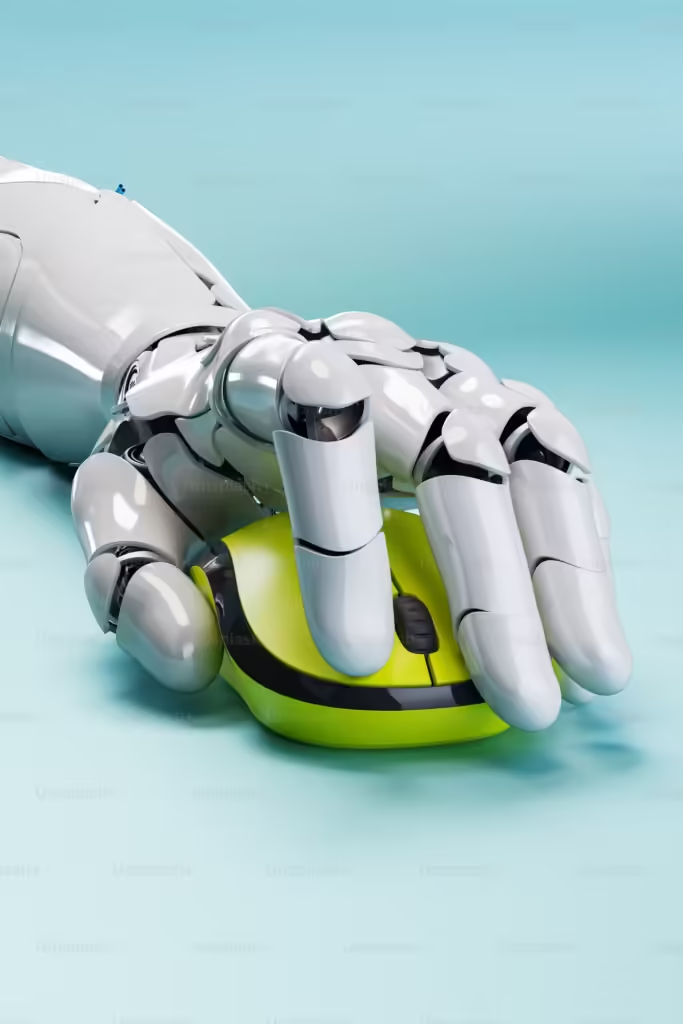
The transformative power of AI is undeniable, offering unparalleled opportunities to improve our lives, drive innovation, and address some of the world’s most pressing challenges. However, to fully realize the potential of AI, we must approach its development and deployment with a sense of responsibility and ethical consideration.
Policymakers, developers, businesses, and society at large must work together to create a framework that promotes the responsible use of AI. This includes investing in research and development to ensure that AI systems are robust, reliable, and equitable. It also involves creating regulations that protect individuals’ rights and ensure that AI is used in a manner that aligns with societal values.
Education and public awareness are also critical components of responsible AI development. As AI becomes more integrated into our daily lives, it is essential to educate the public about its capabilities, limitations, and potential impacts. This will empower individuals to make informed decisions about how they interact with AI and ensure that the technology is used for the greater good.
Conclusion: The AI Revolution
Artificial Intelligence is not just a technological advancement; it is a revolution that is transforming our world in profound ways. From healthcare and finance to education and entertainment, AI is driving innovation, improving efficiency, and unlocking new possibilities. However, with great power comes great responsibility.
As we continue to unleash the power of AI, we must do so with a sense of responsibility and ethical consideration. By addressing the challenges and ethical implications of AI, we can ensure that this transformative technology benefits all of humanity and paves the way for a brighter, more equitable future.
The AI revolution is just beginning, and its impact will be felt for generations to come. By embracing AI’s potential responsibly, we can harness its power to create a world that is smarter, more efficient, and more just—a world where the possibilities are truly limitless.
